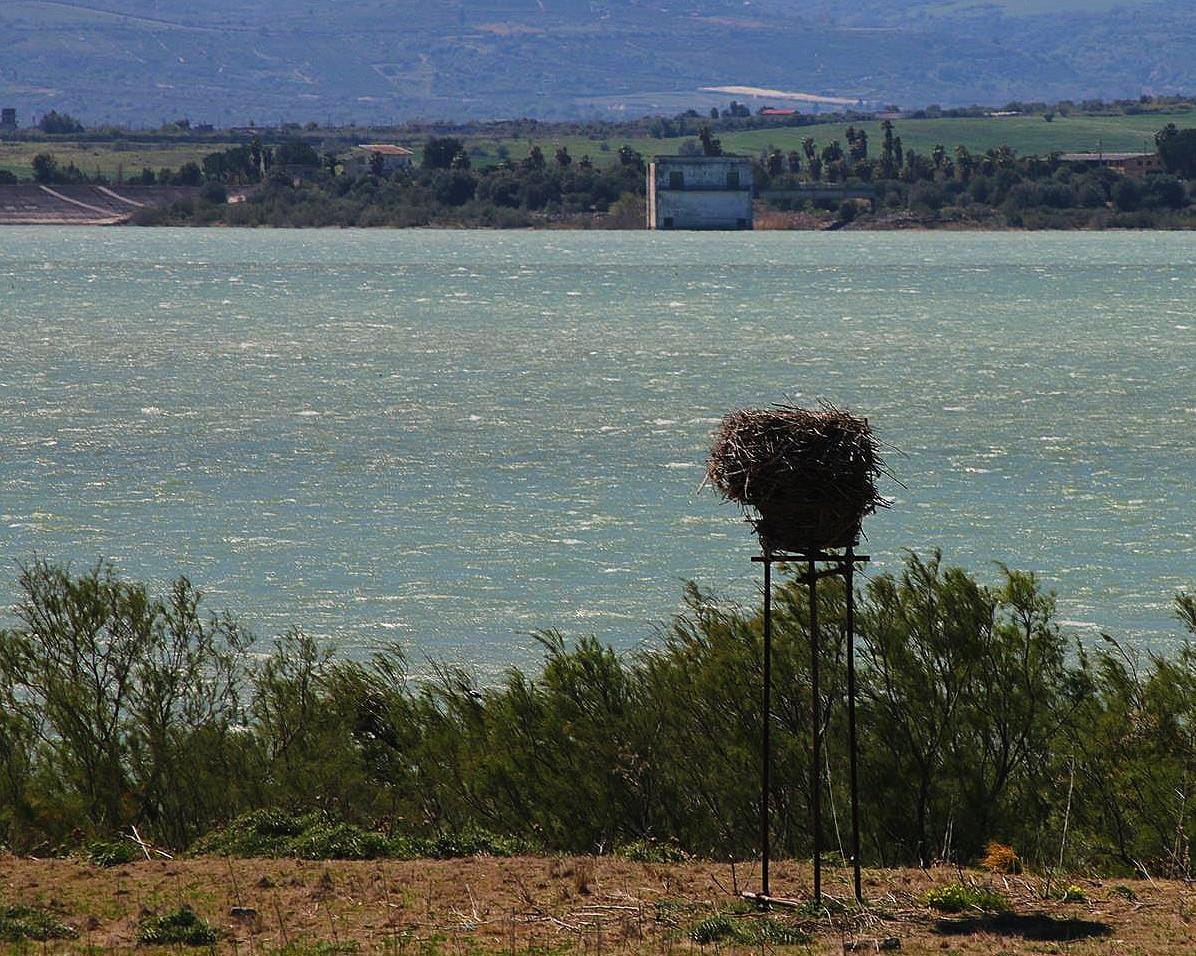Cricket flour, the Sicilian recipe to save the planet
“Today, crickets macaroni alla Norma!”: many in Sicily could be dismayed if one day a chef were to utter such a phrase, but that day is not that far off. While global leaders meet Sharm el-Sheikh for Cop27 to discuss the future of the planet, four young graduates and students from Sicily are working toward achieving more sustainable food production through the use of cricket flour. Led by Marcello Reale, who has a degree in animal production safety at the University of Camerino and is majoring in zootechnical sciences in Perugia, the team of Alpha Food has devised a more efficient way to breed crickets which, in their intention, will help feed the world without wrecking the environment. “I began to develop the idea animal flour during my three-year degree – says the Reale – from sheer curiosity about the nutritional and microbiological qualities of insects. Then I began to wonder how my idea could evolve into an industrialized production”
SUSTAINABLE FOOD. If in Asian countries eating insects and their derivatives is a well-established custom, in Italy it is still an idea with alienating effects, despite the environmental advantages: “The protein component is fundamental in nutrition, – explains Marcello – but we are 8 billion people and meeting everyone’s needs with only bovine proteins is becoming impossible. The market requires excessive consumption of meat and farms occupy hectares of land that will eventually destroy the environment. Getting proteins from alternative sources may be the solution”. Reale mentions figures that put the potential gains of switching our dietary habits into perspective: “In 100 grams of cricket flour there are 70 grams of protein. Producing a kilogram of it would only require 7 to 8 liters of water per day, while for a kilo of bovine protein you need 7,000 liters”.
INNOVATIVE BREEDING. If it is true that a few supermarkets already have items such as potato chips with insect flour on their shelves, the innovation brought forth by Alpha Food lies in its farming methods: “Before obtaining flour, we reproduce the crickets purchased as animal feed for 2-3 times in order to obtain a matrix with a lower bacterial load and raised in a controlled environment. In this regard – explains Marcello Reale – we want to patent our ad hoc housing system which, with various automatisms, manages to administer water and food to the crickets from a single location in order to reduce the costs of breeding and, consequently, those of foodstuffs”. The latter are not yet on the market because the production is still in an experimental phase and without the authorization of EFSA (European Food Safety Authority), but Marcello confesses: “I made pasta at home with cricket flour and I admit that smell and taste do not disturb at all, the color … well, it is a little dark, similar to wholemeal one”.


